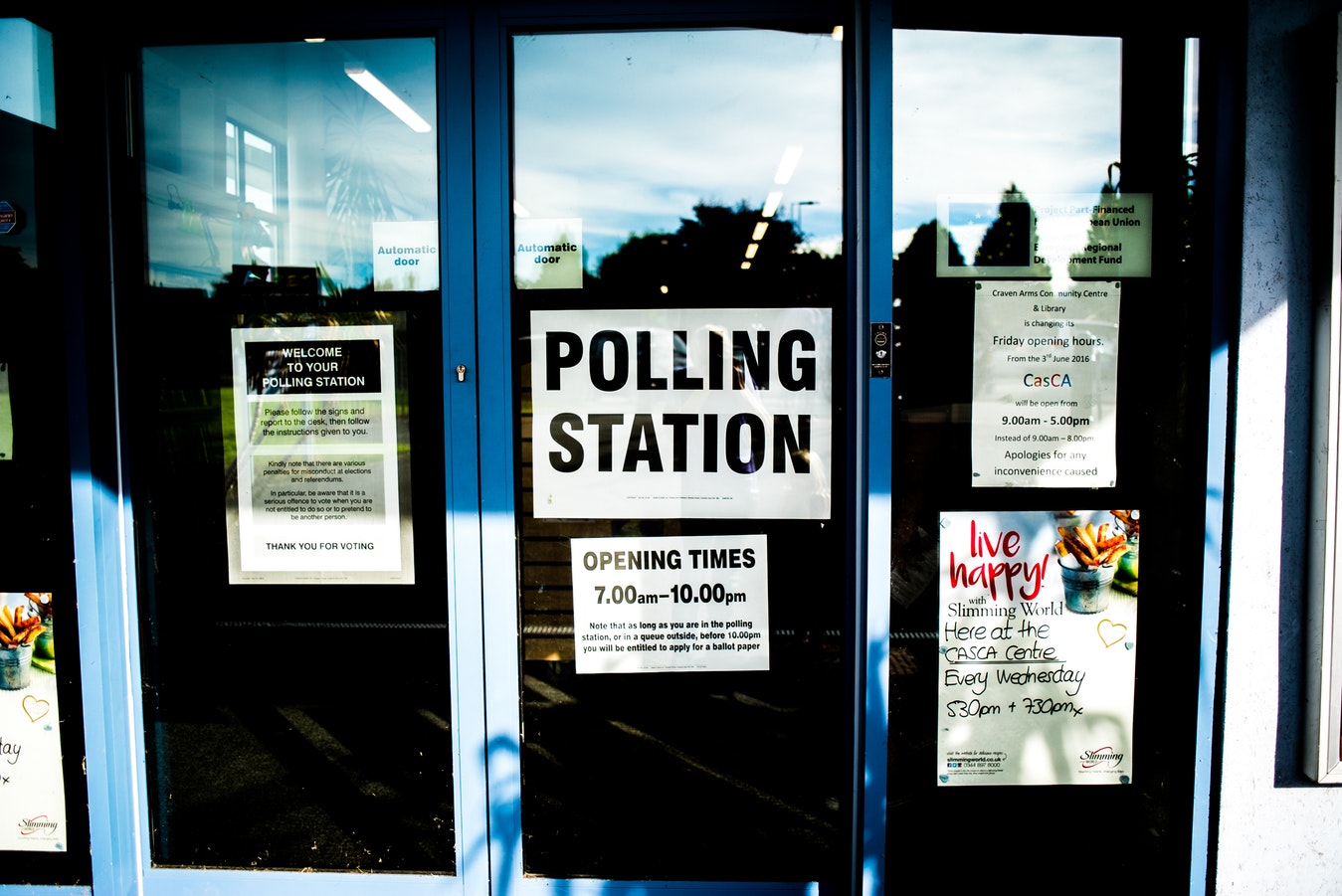By: Ronald Schmidt, Associate Professor of Political Science
I’m a political science professor, but lately, elections keep surprising me and others in my field. Last Tuesday, at least, was a pleasant surprise. Not because the Democratic Party had a good night; all stereotypes aside, there are plenty of Republican, Independent and generally conservative political scientists. The pleasant surprise had to do with turnout. More than 47 percent of the voting-eligible US population voted on Tuesday, Nov. 6. Yes, “not quite half of the people who could have voted did so,” doesn’t sound all that impressive, but I’m afraid that it really, really is.
The last time that a larger portion of the electorate voted in a year when no one was running for president was in 1966. And political science, as a discipline, is bullish about voting. At the very least, more voting means that more citizens view our political system as legitimate and frankly, democratic representation depends upon the idea that our politics are accepted as legitimate by a majority of Americans. As the political theorist Wendy Brown recently reminded us, the “desire for democracy is neither given nor incorruptible” and political participation, including voting, is one of the ways that we preserve that desire.
Aside from high voting participation, what else can we take away from this election?
The power of party. Mainers are strikingly averse to admitting to their partisanship. According to Maine’s Secretary of State, almost 37 percent of Maine voters are not enrolled with any political party. That’s a higher percentage of the vote than any party has in our state. But that doesn’t mean that unenrolled voters don’t actually have partisan sympathies. Nationwide, a little over a third of “independent” voters consistently vote Democratic and a little over a third consistently vote Republican.
Independent voters might not want to admit to partisan sympathies, but a big majority have them. Indeed, intense partisanship is the rule in our politics. Democratic incumbent senators with long careers in Republican states lost their bids for reelection, while a Democratic senator in a Democratic state suffering from a big ethical scandal won reelection easily; Republican incumbents with their own scandals – including one convicted of assaulting a reporter – won their races in GOP districts. In Nevada, a brothel owner who died well before last Tuesday won a statewide election thanks to voters who preferred voting for a dead man to casting a vote for a member of the other party.
The parties seemed to be running in different elections. Many Republican candidates followed President Trump’s lead, running on the assertion that the United States was under attack by Central American refugees (and spies from the Middle East?) and a defense of Justice Brett Kavanaugh, in hopes that it would mobilize their party base. It seemed to have that effect on part of the GOP electorate, but another generally reliable part of that base – college-educated, wealthier suburban whites – appear to have been alienated by the president’s rhetoric. Democrats focused their message around two poll-tested positions – health care (including Medicaid expansion and defending the ACA protection of coverage for people with pre-existing conditions) and providing “checks and balances” against Republicans in the Senate and the White House.
The Blue Wave was tidal. By the time we went to bed on election night, the Democratic message appeared relatively successful. In the vote counting since then, the Democratic lead has grown, including in our own Second Congressional District, where our experiment in Ranked Choice Voting (RCV) led to the first loss by an incumbent in that part of the state in decades. Representative Poliquin is arguing in court that RCV is unconstitutional and the president claims that huge numbers of people are committing voter fraud by changing their hats and voting again, but judging from the turnout last week, neither has convinced millions of Americans that democracy is illegitimate.

